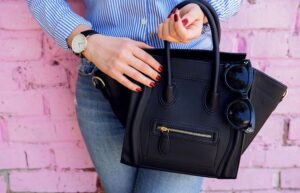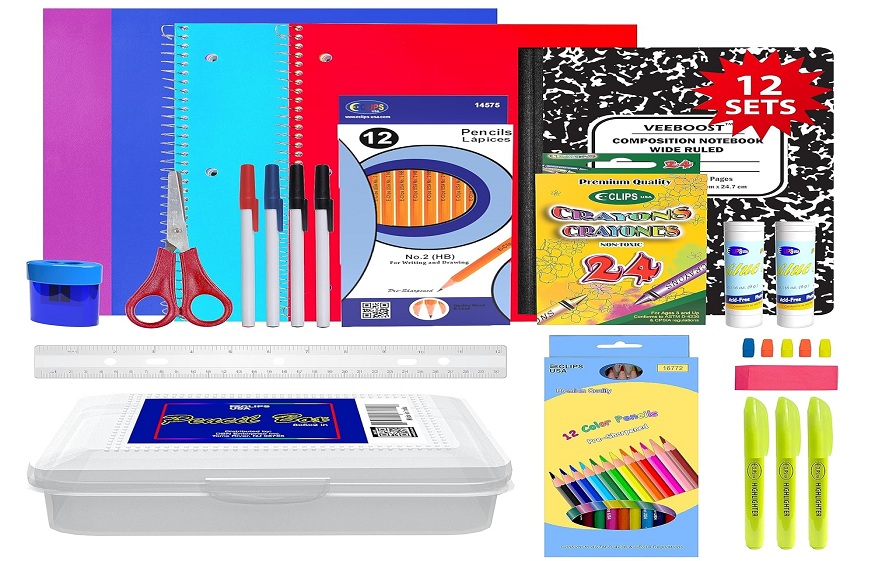To buy a leather bag, is choosing a well-known brand a sufficient guarantee of quality?
Defining the quality of a bag
What brand, what style, at what price, made in France, brand known or not, etc. So, for once, let’s dwell a little on what counts to find a good leather bag , that is to say its quality and preferably durable because it does not flow from source concerning this accessory so popular but sometimes disappointing beyond a few months or years.
Rest assured, there is no question here of making you a tedious pensum on the details to take into account to buy a beautiful bag of durable quality ; no, just some practical common sense advice.
the origin, preparation and finish of the leather: this will be decisive for the longevity of the skin but also for a lasting aesthetic. Vegetable tanning (and not vegetable leather) is a plus, the “full grain” quality too, for example. So much for the top of the range but you can also choose from the corrected or pigmented flower for a more modest price, that’s good too. Let’s add that a split leather bag can be of good quality in its manufacture, if it is sold at the right price.
The nature of the production : artisanal or industrial, handmade or machine. Again, preponderant for durability, the quality of the seams and assemblies will guarantee the solidity of the bag. Hand-stitched (saddle stitch) or artisanal machine manufacturing is to be preferred over welded/glued all-comers.
Accessories : such as buckles, zips, closure systems and connections such as carabiners or buckles are all parts that can let you down over the years and which also require a minimum of quality. Prefer metal.
The place of manufacture : A plus for certain items but a random criterion nevertheless; there are mediocre bags made in France and good bags made in India or China! Interesting but not decisive. Up to you.
The rarity of the model : It’s a safe bet that a model of bag with strong promotion will be manufactured on a large scale with all the defects inherent in this type of production. Prefer more confidential series.
Complicated because it is very difficult to have precise information and objective guarantees from the seller or the brand itself when buying the bag, even (especially?) when the brand is well known. Look at the labels: despite the legislation in force, there are rarely precise indications (Origin, type of leather) and sellers are rarely talkative about this information.
Women’s brown leather shoulder bag
Because you cannot be an expert in everything, your only option in this area will therefore be, in the majority of cases, to rely on your own judgment or to invest in the trust you place in a brand, a creator, a craftsman or his distributor. This famous notoriety, sometimes justified, in which the brands of bags put so many means through advertising to convince you to trust them. She can then sell you almost any product with a big margin for her, without guarantee for you. Advertising is a good long-term investment!
But blind faith in a well-known brand is therefore quite insufficient to buy a good leather bag. Why? Because notoriety has become a brand strategy that is not necessarily related to the interest of the product. the financial objectives of brands have become such that their products are often disappointing or their prices are simply too high if the quality is there.
Another alternative to buy well is to be more demanding and curious: rely on online stores (or in town) that really give precise information and guarantees on their products ! And which make you discover small quality manufacturers, generally not industrial, less known but very interesting in terms of line or finish. We can reasonably think that it is a positive signal for the consumer who will thus have concrete elements to choose by being informed. By adding your own taste, attraction or sensitivity for this or that style, you have the right elements of the choice: objective and subjective.
You may be thinking that quality surely depends on the price and that the higher the price, the better your bag will be. This is often true and unfortunately sometimes false. First, quality is relative: each price level can claim it: we call it good value for money. Then, the quality can also be subjective: the perception that we have of an aspect or a texture influences our judgment, according to our culture of the subject. This is what you have to know how to appreciate: the good quality/price ratio of an article, whatever it is, outside our tastes, at 50€ or 500€! It is therefore always necessary to refine your judgment by comparing the offers with each other and by relativizing according to the product and the sum announced. We are not looking for the absolute but the best of what exists, according to our budget, needs and tastes.




